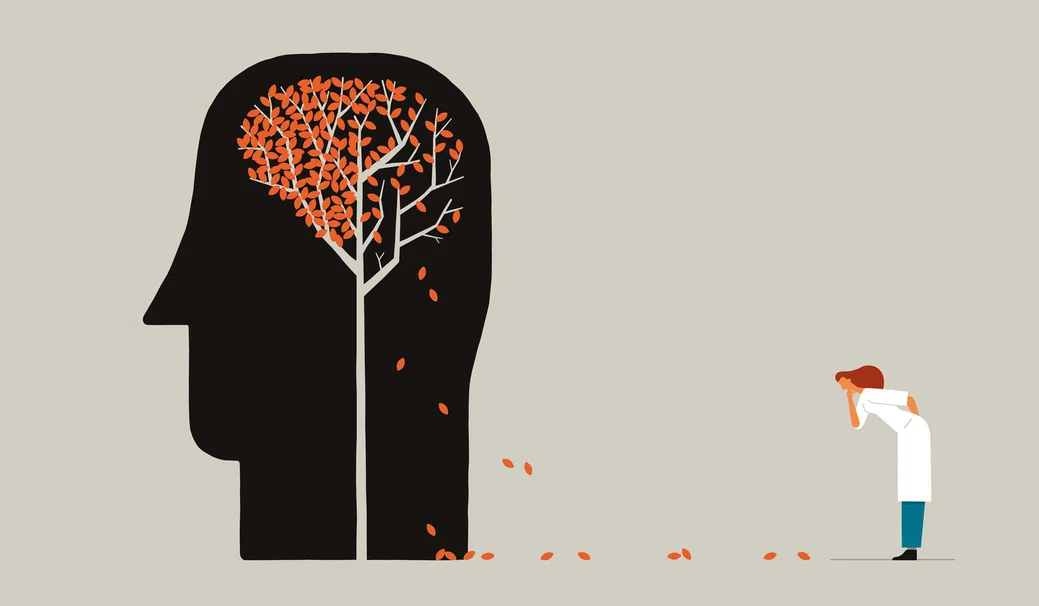result




Translational Research
Hunting Down Clues to Alzheimer’s

Research GIFT Signals Hope
When Myron Goforth was diagnosed with Alzheimer’s disease two years ago, it didn’t come as a huge surprise. Both he and his wife, Dorothy, have a family history of dementia.
“My mother had it, and I inherited it,” says Myron. “Some of our kids might inherit it too. If we can do anything to help solve this problem, it is money well spent.”
Dorothy and Myron Goforth made a gift to the Nantz National Alzheimer Center (NNAC) to help its world-renowned neurologists, physician-scientists and scientists draw closer to their goals of preventing Alzheimer’s, slowing memory loss progression and improving patients’ quality of life.
“This is probably the most selfish gift we’ve ever given,” Dorothy says. “We gave it for our kids and our grandkids because we don’t want them to go through what we’re going through. We don’t want this disease to progress any further.”
Physician-scientists and researchers in the NNAC are vigorously seeking new treatments for the devastating illness that affects more than 6 million Americans. The team led the way in linking excess tau protein to Alzheimer’s symptoms, identifying how toxic tau moves through the brain and showing inflammation to be greatest in areas of disease progression.

“The more money we can direct its way, the quicker we can hope to find a cure.”
Dorothy Goforth
Researchers continue to conduct groundbreaking studies and clinical trials, such as the Dr. Joseph C. Masdeu-led Houston Alzheimer’s Study and a study investigating the potential of extra-virgin olive oil for Alzheimer’s prevention led by Dr. Gustavo Roman.
Impressed with Myron’s care, the Goforths made their gift open-ended — meaning it will be used at the NNAC team’s discretion to advance studies and investigate the causes of Alzheimer’s. Dorothy hopes others will consider giving generously.
“Alzheimer’s is an equal opportunity disease, and it has touched a lot of people personally,” she says. “It’s a cruel disease. The more money we can direct its way, the quicker we can hope to find a cure.”
Discover More

